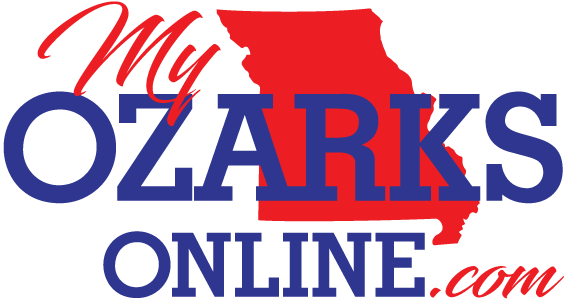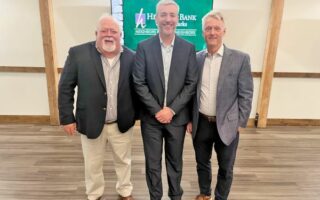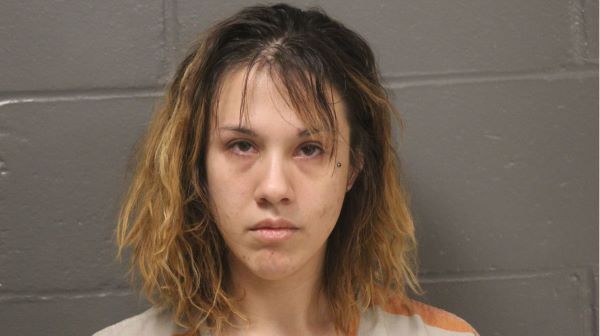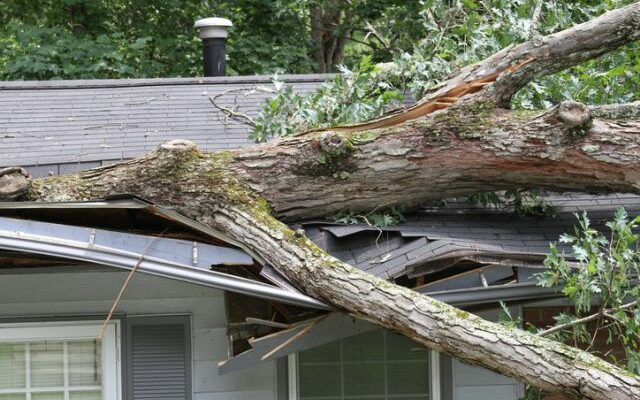Beware Contact Tracing Scams
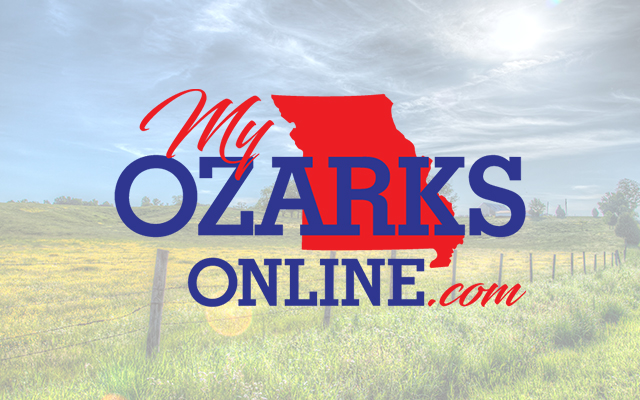
The number of positive cases of COVID-19 has increased substantially, which means more people may be contacted by representatives of local health departments. The callers will ask for information like your name, address, and date of birth, they won’t be asking for banking information. The Better Business Bureau reports that they have been notified about possible scams related to supposed contact tracing.
A consumer may receive an unsolicited text message, email, or social media message informing them they have been exposed to COVID-19, instructing them to self-isolate, and providing a link with more information. Don’t open the link because it may download malware to your device. In another scam, you may receive a robocall informing you about exposure, but when you choose to speak with a representative, you may be asked to verify personal information, including banking information. If you get this type of call and inquiry, hang up and don’t give them any information.
A real contact tracer will make contact by phone or text message and will always self-identify as a representative of a local health department or local government. While the contact tracer must confirm personal information such as name, address, and date of birth, they will never inquire about financial information or ask for any government ID numbers or bank account details. If you have questions about this type of call contact your local health department. Legitimate representatives will ask about your current health, medical history, and recent travels, but they will never reveal the name of the person who tested positive for COVID-19 and prompted their call, and again they won’t ask for banking information.
